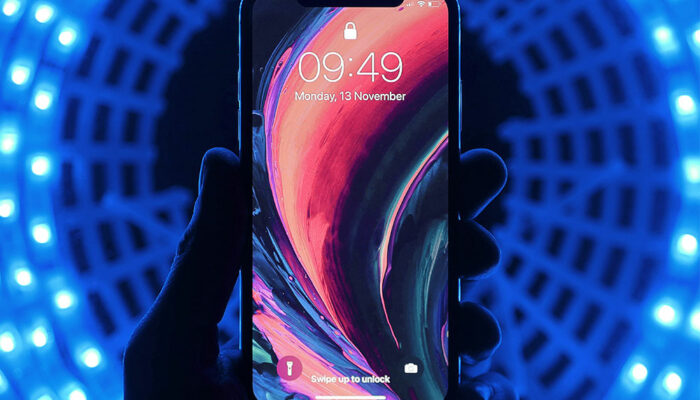
Foods to Avoid During Online Medical Treatments and Medications
Navigating the world of online medical treatments can be as tricky as assembling a piece of IKEA furniture without instructions. Whether you’re a seasoned pro or a newbie to physician CME online courses, it’s crucial to know which foods might interact with your medications. Even something as common as over the counter antacid medication can have its effects altered by certain foods. Let’s dive into the culinary culprits that might just be sabotaging your healing journey.
1. Grapefruit and grapefruit juice
Grapefruit is the classic example of a healthy food that doesn’t always play nice with medications. This zesty fruit contains compounds that can interfere with enzymes that metabolize various drugs. The result? Your body might absorb too much or too little of the medication, leading to ineffective treatment or increased side effects. It’s best to steer clear of grapefruit and its juice if you’re on certain blood pressure, cholesterol, or anxiety medications. Always check with your healthcare provider to see if your meds are on the no-grapefruit list.
2. Leafy greens
Yes, leafy greens are the poster children of healthy eating, but when it comes to blood thinners, they might need to take a back seat. Vegetables like spinach, kale, and broccoli are high in vitamin K, which plays a role in blood clotting. If you’re on anticoagulants, these greens can counteract the medication’s effectiveness. It doesn’t mean you have to avoid them entirely, but it’s wise to maintain a consistent intake so your medication can be properly adjusted.
3. Dairy products
Calcium is essential for strong bones, but when it comes to antibiotics, it’s a bit of a troublemaker. Dairy products like milk, cheese, and yogurt can bind with certain antibiotics, making them less effective. This means your body might not get the full dose it needs to kick that infection to the curb. If you’re on antibiotics, try to consume dairy products a few hours before or after your medication to avoid any interference.
4. Alcohol
While a glass of wine might sound like a perfect way to unwind after a long day, mixing alcohol with medications is often a recipe for disaster. Alcohol can enhance the sedative effects of certain medications, leading to increased drowsiness or dizziness. It can also interact with medications for diabetes, blood pressure, and even over the counter antacid medication, potentially leading to adverse effects. It’s always best to check with your healthcare provider about alcohol consumption when taking any medication.
5. Caffeine
For many, caffeine is the magical elixir that gets the day started. However, if you’re taking medications for anxiety, heart conditions, or even some antibiotics, caffeine can heighten side effects like jitteriness, increased heart rate, or nervousness. It might be wise to limit your coffee, tea, and energy drink intake if you’re on such medications. Remember, moderation is key!
Understanding how foods interact with medications is crucial for effective treatment. While it might seem overwhelming at first, a little knowledge goes a long way in ensuring that your medications work as intended. Always communicate with your healthcare provider about your diet and any concerns you might have. With the right information, you can navigate your online medical treatments with confidence and ease. So, go ahead, take charge of your health, and make informed choices about what goes on your plate!



